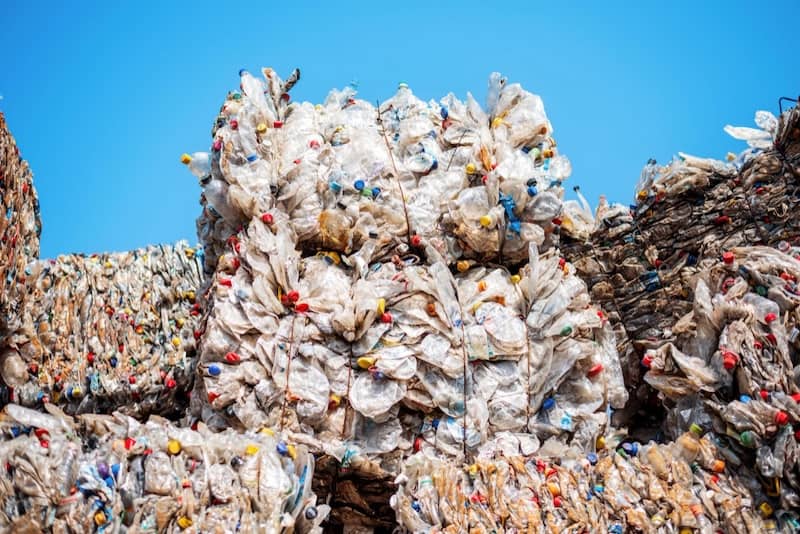In all industries, operations must follow the global transition towards more sustainable development practices. The construction and maintenance of road pavements is no exception and has received much attention by road agencies, companies, governments and research institutes.
For this reason, previous research on more sustainable pavement options has been focused on the development of manufacturing low temperature asphalt mixtures and the use of recycled modifiers, such as tire crumb rubber to improve their durability.
Studies Around The World
A recent study, published in 2020, in Spain led by Miguel Sol-Sánchez tested the viability of producing asphalt mixtures with high crumb rubber contents at reduced temperatures, testing their workability, stiffness, cohesion, resistance to permanent deformations and resistance to moisture damage. Results of the study show that it is possible to manufacture viable, warm, rubberised asphalt mixtures at 150 °C using a high penetration bitumen and reduce this temperature to 130 °C (45 °C less than conventional rubberised asphalt mixtures) by including warm additives, without compromising their mechanical performance.
A similar study, published in 2019, was performed at Lyles School of Civil Engineering, Purdue University in West Lafayette, IN. Warm Mix Asphalt (WMA) technology, the most popular waste materials to substitute neat binder (crumb rubber modifier (CRM), recycled plastic (RP), vacuum tower bottoms (VTB)) and/or virgin aggregates (reclaimed asphalt pavement (RAP), reclaimed asphalt shingles (RAs), construction and demolition (C and D) wastes, steel and copper slags), and bio-binders were evaluated with respect to their environmental and economic benefits and engineering performance as the main components of pavement sustainability. Results from the investigation illustrated that although each individual technology and waste material is valuable in terms of performance and/or the environment, specific combinations such as WMA + RAP, WMA + CRM, RAP + CRM, and WMA + CRM + RAP lead to further benefits. Notably, these combinations suffer from a lack of comprehensive economic analysis, thus, their sustainability cannot be fully assessed and is prone to future studies.
What Is Being Done?
In addition to many studies and initiatives, one project in place is the “Evaluation and Decision Process for Greener Asphalt Roads” (EDGAR) project, funded by Austria, Germany, the Netherlands, Norway, Slovenia, and the UK. The EDGAR project aims at developing methodologies for the sustainability assessment of “green bituminous mixtures”. “Green bituminous mixtures” is a general term for all types of bituminous mixtures in which specific materials or technologies are used with the aim of reducing the environmental impact. The project output is mainly intended for road authorities, who have to make the important decisions of allowing or refusing the use of particular materials and technologies in the production of bituminous mixtures.
Why Is This Important?
A pavement solution with a shorter lifetime will increase global warming, use of resources and financial costs. When considering the sustainability of new pavement mixtures, important criteria includes the product’s impact on global warming potential, use of energy and material resources, air pollution, recyclability at the end of life, health and safety and financial implications. We all have a part to play in maintaining and improving the state of our planet, which means eco-friendly solutions are solutions for all human inhabitants as well as future generations.




